Since 2015, CLARIN ERIC, together with its national nodes, has been participating as partner in EU-funded projects that are relevant to its vision and mission, such as in the Horizon 2020 programme or as part of Horizon Europe.
Active Projects
ECHOES
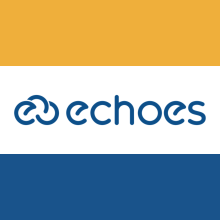
ECHOES (European Cloud for Heritage OpEn Science) aims to create the European Collaborative Cloud for Cultural Heritage (ECCCH) as a shared platform for heritage professionals and researchers to access data, innovative scientific and training resources and advanced digital tools co-developed by the heritage community according to their specific needs.
Duration: 60 months, June 2024 to June 2029
ATRIUM
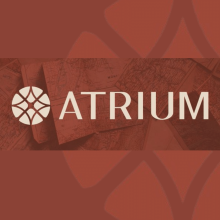
ATRIUM (Advancing Frontier Research In the Arts and Humanities) is a European Commission-funded research project, which bridges four leading European Research Infrastructures: DARIAH (arts and humanities), ARIADNE (archaeology), CLARIN (languages), and OPERAS (open scholarly communication in the social sciences and humanities). The ATRIUM project aims to empower arts and humanities scholars in their use of digital methods by facilitating access to a wide range of reusable workflows and interoperable, composable services offered by leading research infrastructures in the arts and humanities domain.
Duration: 48 months, January 2024 to December 2027
EOSC Focus
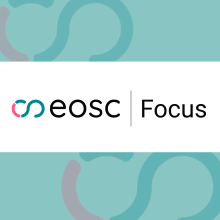
Focus supports the co-programmed EOSC Partnership in delivering its mission of establishing Open Science as the 'new normal' and achieving the key objectives, which are outlined in the Memorandum of Understanding between the European Union and EOSC-A.
Duration: 36 months, June 2022 to May 2025
ERIC Forum 2
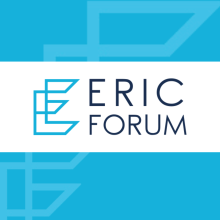
Following the successful set-up and implementation of the Forum (2019-2022), further efforts are needed to consolidate its achievements and expand the coordination and monitoring of the ERICs. This project aims to structure the cooperation between ERICs, support the implementation of ERIC Regulation and ERIC services, and consolidate the integration of the ERICs in the European Research Area by deepening the ERIC Forum’s contribution to research policies.
Duration: 48 months, September 2023 to August 2027
FAIRCORE4EOSC
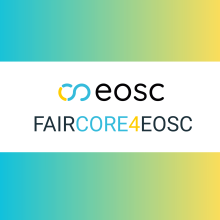
FAIRCORE4EOSC focuses on the development and realisation of EOSC-Core components supporting a FAIR EOSC, addressing gaps identified in the SRIA. FAIRCORE4EOSC will also contribute to the EOSC Interoperability Framework by establishing new guidelines on the new EOSC-Core components. The new components will be crucial to support the FAIR research life cycle. Five user-centric case studies (climate change, social sciences and humanities, mathematics, national research information systems, research data management communities) will drive the development and testing of the new components ensuring they are tailored to the user needs (co-design).
Duration: 36 months, June 2022 to May 2025
OSCARS
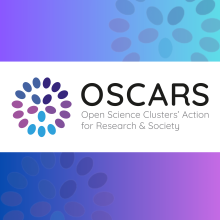
The OSCARS consortium was established by the science clusters that were involved in the five science cluster projects (2019-2023): ENVRI-FAIR, EOSC-Life, ESCAPE, PaNOSC and SSHOC. Together with their broader scientific (user) communities, the RIs in the OSCARS project have two main objectives: Consolidating achievements from the five H2020 INFRA-EOSC-2018-01-04 projects into lasting interdisciplinary services and working practices, and leading and fostering the involvement of a broad range of research communities in EOSC via the development of new Open Science projects. For the latter, there is a dedicated budget of around 18 million euro.
Duration: 48 months, January 2024 to December 2027
OSTrails
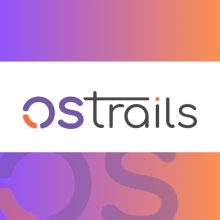
OSTrails will deliver methods, tools, services, guidance and training to realise the Plan-Track-Assess stages to put FAIR into practice. Specifically, for each stage, increase the efficiency of DMPs, establish an open, interoperable and high quality SKG ecosystem and deliver modular and extendable FAIR tests. OSTrails will provide end-to-end solutions that serve: (i) researchers and research support personnel to realise FAIR at any stage of the research life cycle, and for relevant DOs, planning for optimal FAIRness when designing DMPs, and revising and executing it iteratively; and (ii) RFOs, RPOs, publishers and other stakeholders to monitor and drive the improvement of the quality of RDM for any shared, funded and published research products.
Duration: 36 months, February 2024 – January 2027
Past EU Projects
Information about past EU projects in which CLARIN participated is available here.